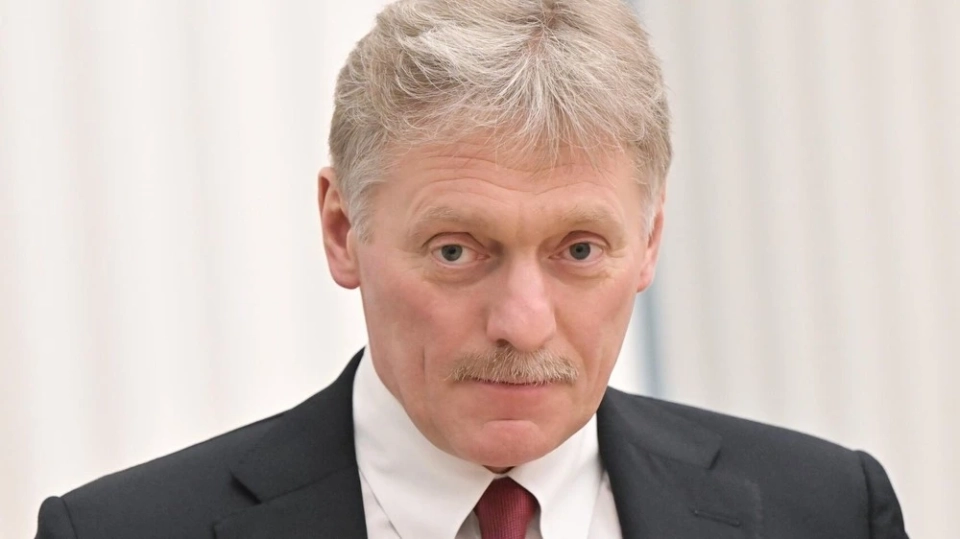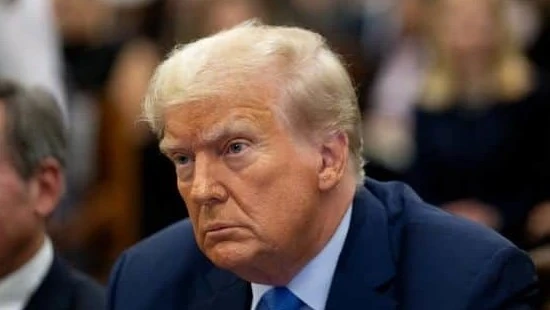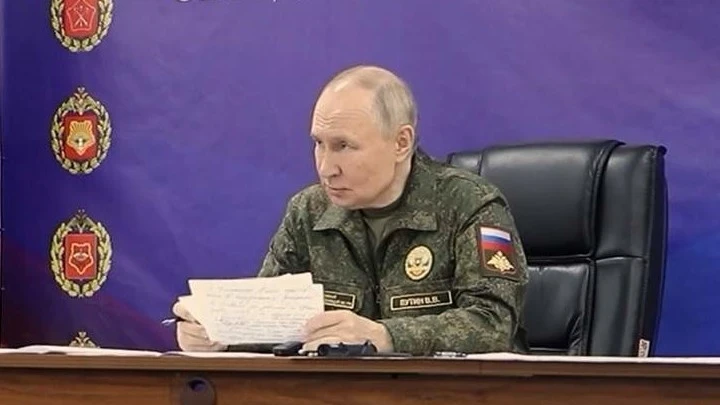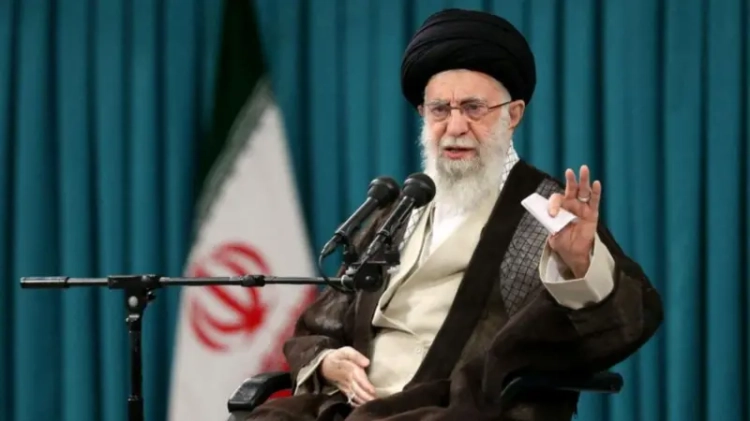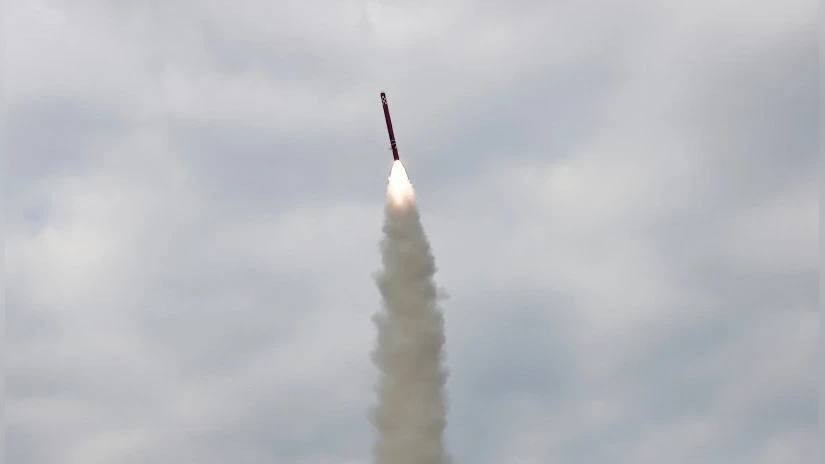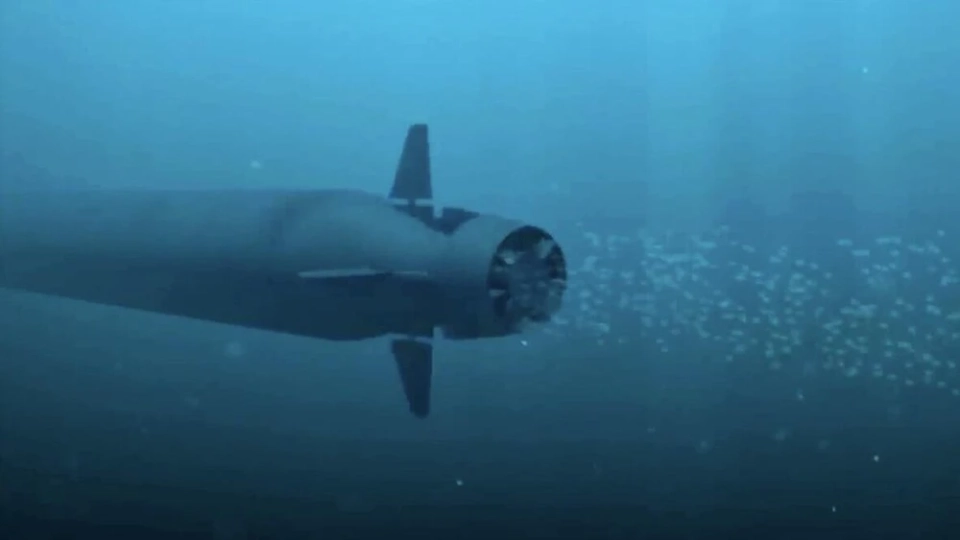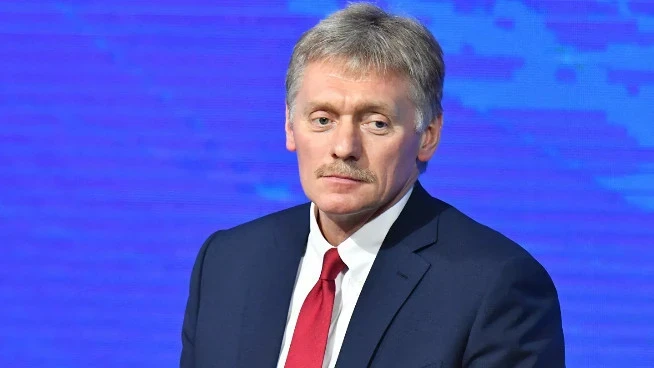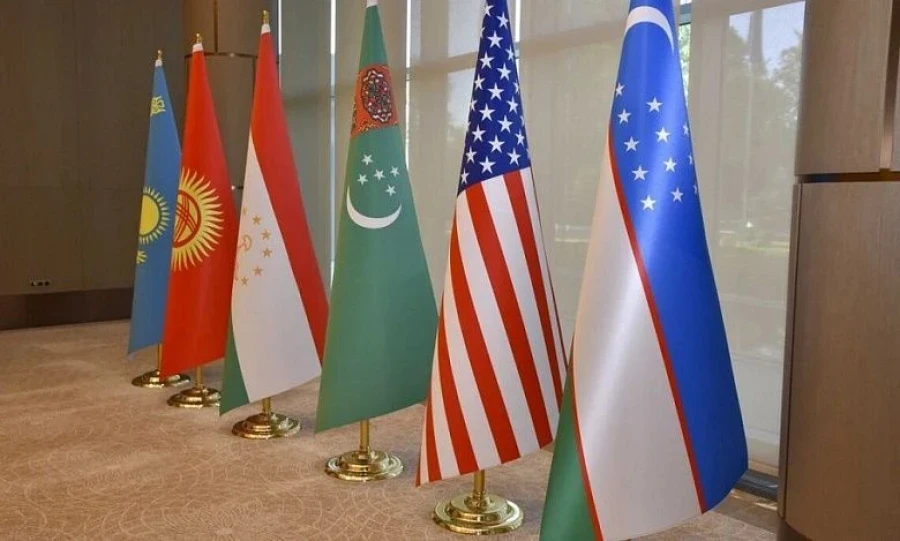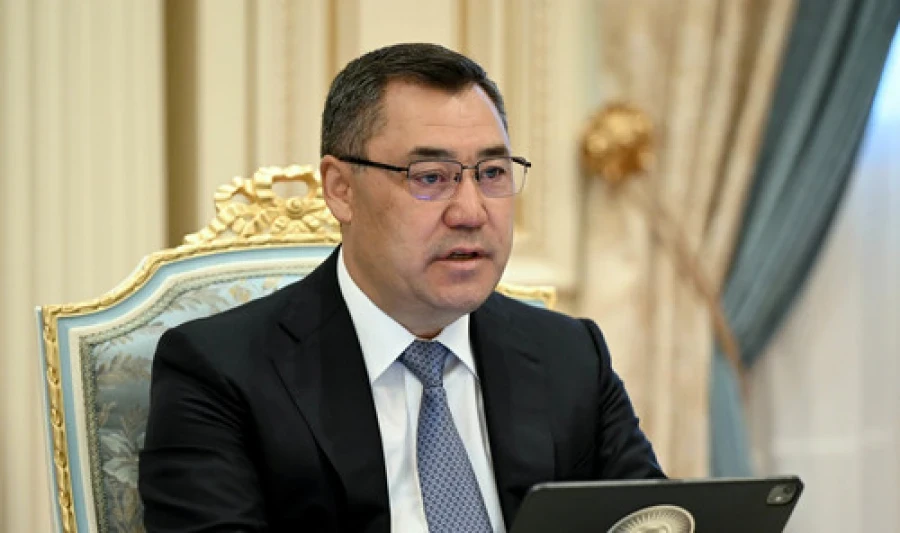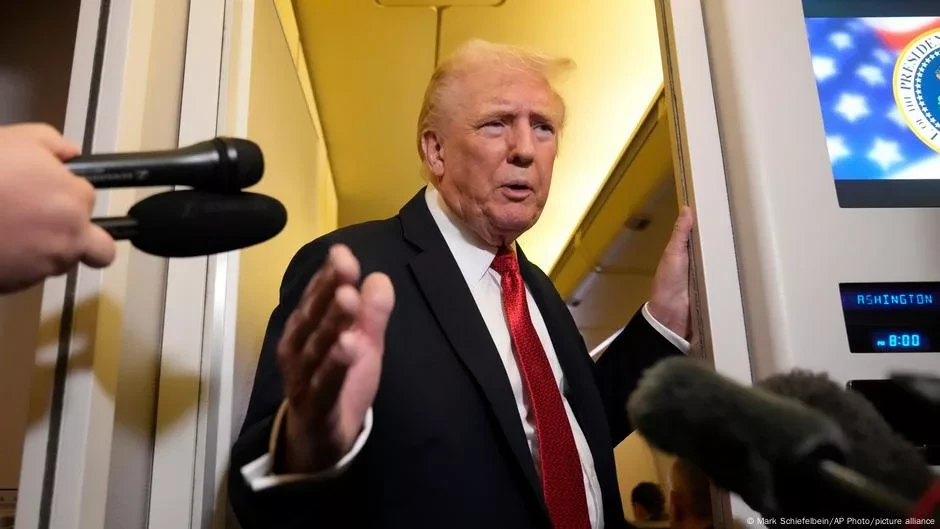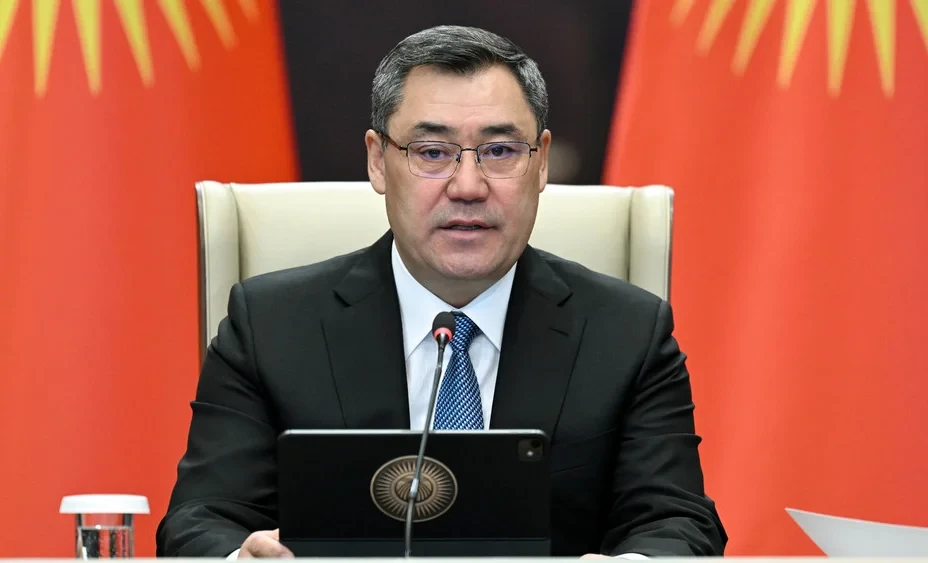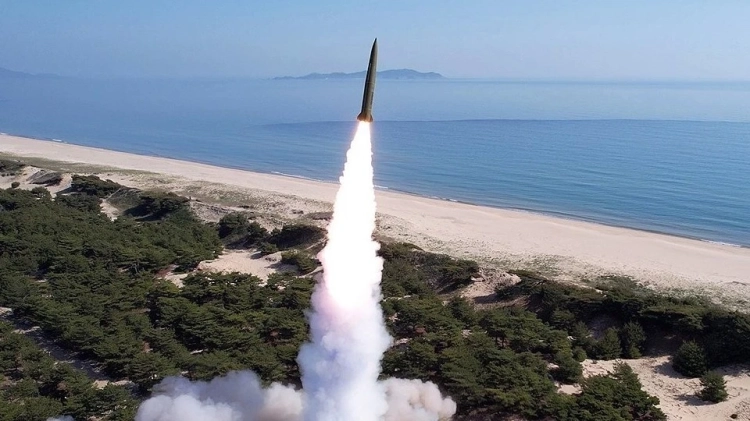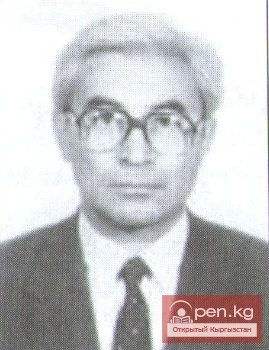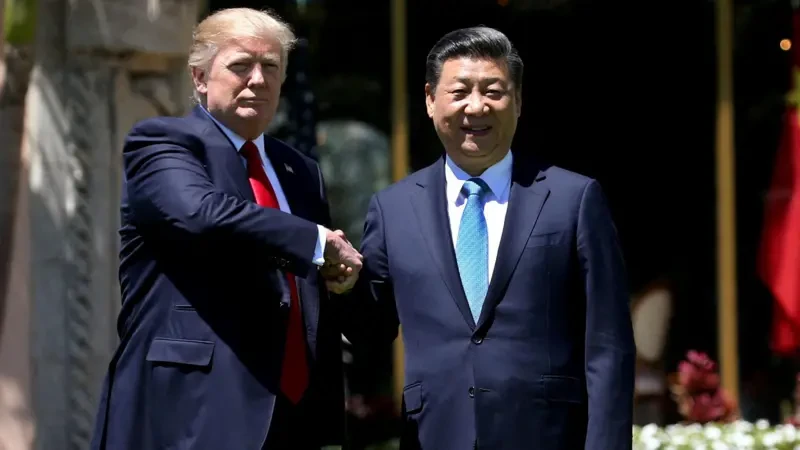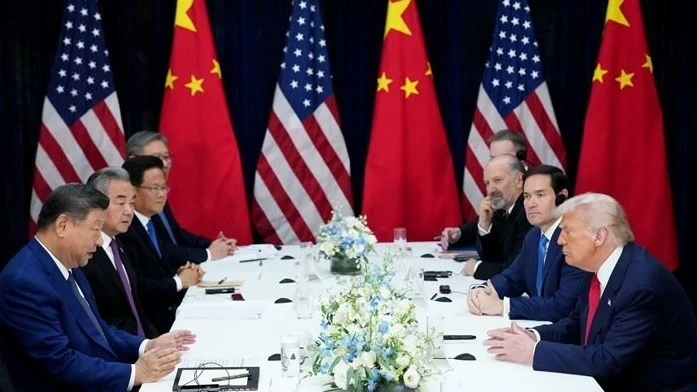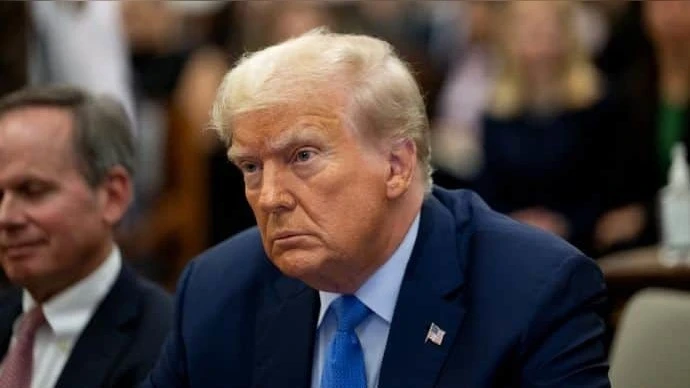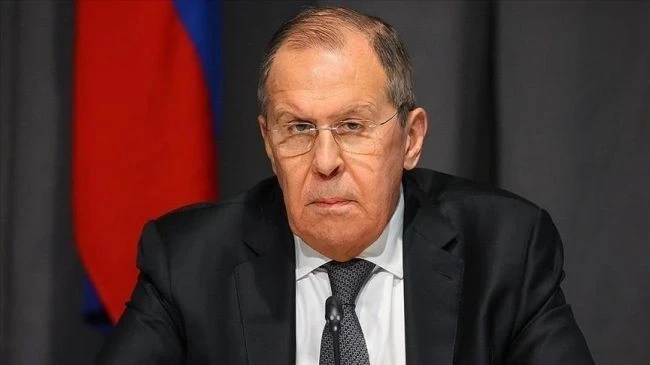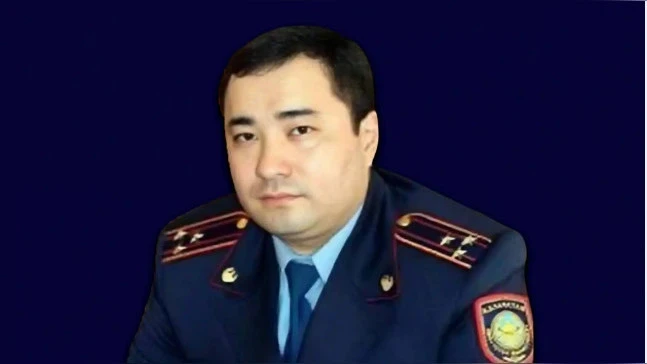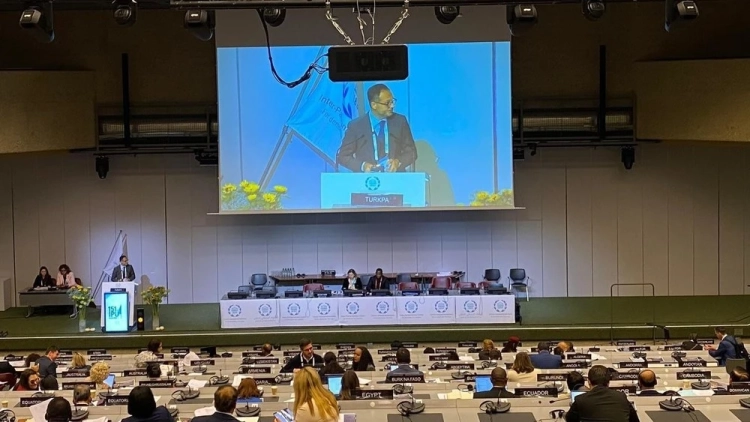He emphasized that "the Secretary-General has repeatedly pointed out the high nuclear risks, and any actions that could lead to miscalculations or escalation with catastrophic consequences must be excluded."
"Nuclear tests must not be allowed under any circumstances," Haq added, underscoring the UN's position.It is worth noting that the Comprehensive Nuclear-Test-Ban Treaty (CTBT) was adopted on September 10, 1996, at the General Assembly and opened for signature on September 24 of the same year. However, it has not yet entered into force, as not all states listed in the annex to the document have ratified it. Among the countries that have not signed the treaty are Russia and the United States.
Robert Floyd, Executive Secretary of the Comprehensive Nuclear-Test-Ban Treaty Organization, noted that his organization "is capable and will detect any nuclear tests anywhere in the world – and has already successfully recorded all six nuclear tests conducted this century."
Photo on the homepage: UN/R. Bajornas.
